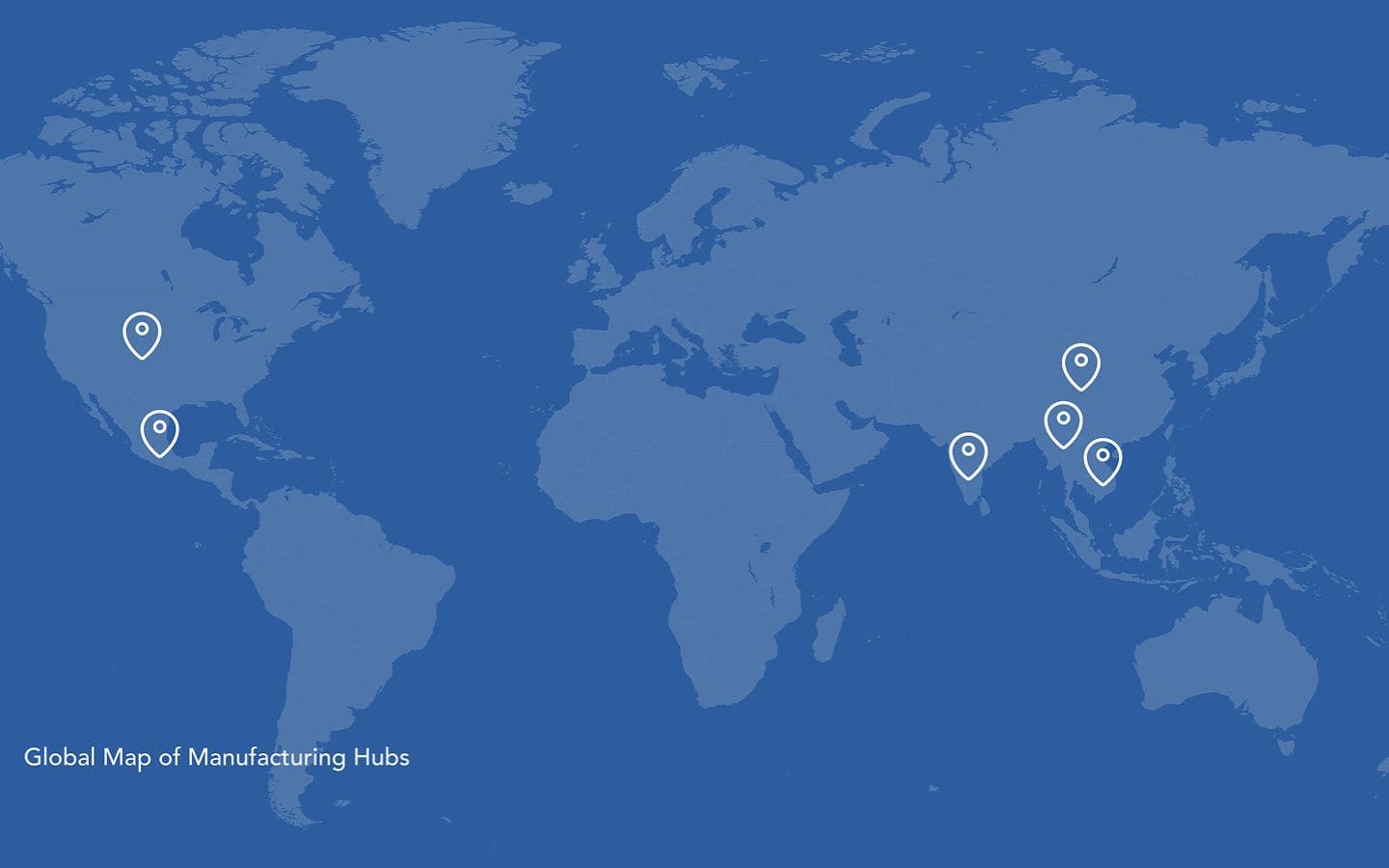10 Best Materials for Your Custom Hats: A Comprehensive Guide
If you’re looking to promote your business with custom hats one of the most basic, but very important decisions to make is your choice of materials. As you may be aware, different types of materials can be used for custom hat production. Each option offers a wide range of benefits to wearers. The most appropriate material for your project depends on several factors. This may include the intended purpose of the hat, the type of hat you’re making and your budget among other factors. This post provides detailed insights into the best fabrics and materials to use for different types of custom hats.
Cotton
Cotton is the most popular custom hat material. It is renowned for its softness and moisture absorption which makes it particularly easy to print on. Cotton holds custom hat embroidery well. It is relatively cheap compared to other materials and be used to make different types of hats from baseball caps to trucker hats and even children’s hats.
But while cotton is great for custom hat production, it is not the most durable option out there. It wrinkles and shrinks easily, and is also prone to fading over time. This is why cotton typically used for custom caps is meant to be worn in casual settings and not for rugged everyday wear. Blending the cotton with other materials like polyester may also improve its durability.
Kickstart your designs with AI
Leverage the power of AI to streamline your design process,
turning your ideas into polished, production-ready products with ease.
Polyester
Polyester is generally not as soft or comfortable as cotton, but it is known for its durability. This material is wrinkle-resistant and is less likely to fade compared to other alternatives. Polyester is also a breathable material with moisture-wicking properties. This can be a pro or a con depending on the situation.
The moisture-wicking property of this material makes it a great choice for athletes or people who are likely to sweat a lot while using the hat. However, there’s also a chance that a polyester hat gets uncomfortable in humid conditions. The properties of polyester make it a great choice for hats and caps that will likely be worn often. It’s also a great choice for hats meant to be used outdoors or for intense physical activities.
Wool
Beanies and other caps meant to be worn in cold weather are usually made from warm materials like wool. This is an animal fiber sourced from lambs, sheep, and other animals. In addition to the insulation property of wool, it also has moisture-wicking properties and can be quite durable as well. The major drawback with wool-customized caps and hats is that they may not be suitable for warmer climates. Their use is also often restricted to specific seasons of the year.
Nylon
This is a polymer-based material known for being lightweight, breathable and most of all, highly durable. It is not the most popular material for making custom hats because it is generally not as comfortable as cotton or other materials. However, if you’re creating a cap meant for intense physical activities or outdoor use, the durability of this material is a favorable quality.
Leather
Leather is another durable material best used for caps to be worn in rugged conditions. It stays cool and comfortable even in warmer conditions. The rich and durable nature of leather also makes it easy to customize. However, animal-based materials like leather tend to be more expensive compared to plant-based or synthetic materials. These days, Faux leather is the preferred alternative to regular leather because it is animal cruelty-free.
Acrylic
Acrylic fabric looks and feels a lot like wool. They share several qualities including being soft, warm and lightweight, all of which make acrylic a cozy choice for custom hats. Printing on Acrylic fabric is also very easy because it absorbs dyes really well. However, the warm nature of Acrylic makes it ideal for making caps in colder climates. Acrylic is also not very durable as it tends to pull or shed after some time.
Corduroy
For those looking for a unique material with a sophisticated look, Corduroy might be a great choice to consider. The rich texture of this fabric is versatile enough to be adapted to different hat styles. The fabric is also strong enough to withstand wear and tear from everyday use.
Suede
Suede is the most popular fabric for making special hats like berets, ear muff hats and pilot hats. Sometimes, it is added as a hat trim for other materials to boost the overall aesthetics of the design. Faux suede is a synthetic alternative to natural suede. Both materials feel and look the same way. However, faux suede is actually more durable and eco-friendly.
Denim
Denim is not your typical custom hat material especially because it is difficult to print on. However, you can still create custom denim hats using alternative methods like custom hat embroidery, patches, and appliques. These techniques look just as great as other designs. This classic material is an ideal option if you’re looking to create custom hats for casual use cases.
Poly Mesh
Polymesh is most commonly used for the back panel of trucker hats and other hat types. However, entire caps can also be made from this simple and lightweight material. Polymesh provides excellent ventilation and breathability. This makes it an ideal option for making hats in warmer climates.
Conclusion
Note that this is not an exhaustive list of materials that can be used to create custom hats. Materials like cotton and polyester can also be mixed to create a single material. The final product combines the unique properties of each material. Some manufacturers also give you the option to pick and mix different materials for different parts of your hat.
At THE/STUDIO, you get to customize your hat from scratch using an online tool. Our solution lets you select attributes like the style material, profile shape and the kind of print you want on the cap. Contact us to get started with creating your own unique custom hat for your brand.




